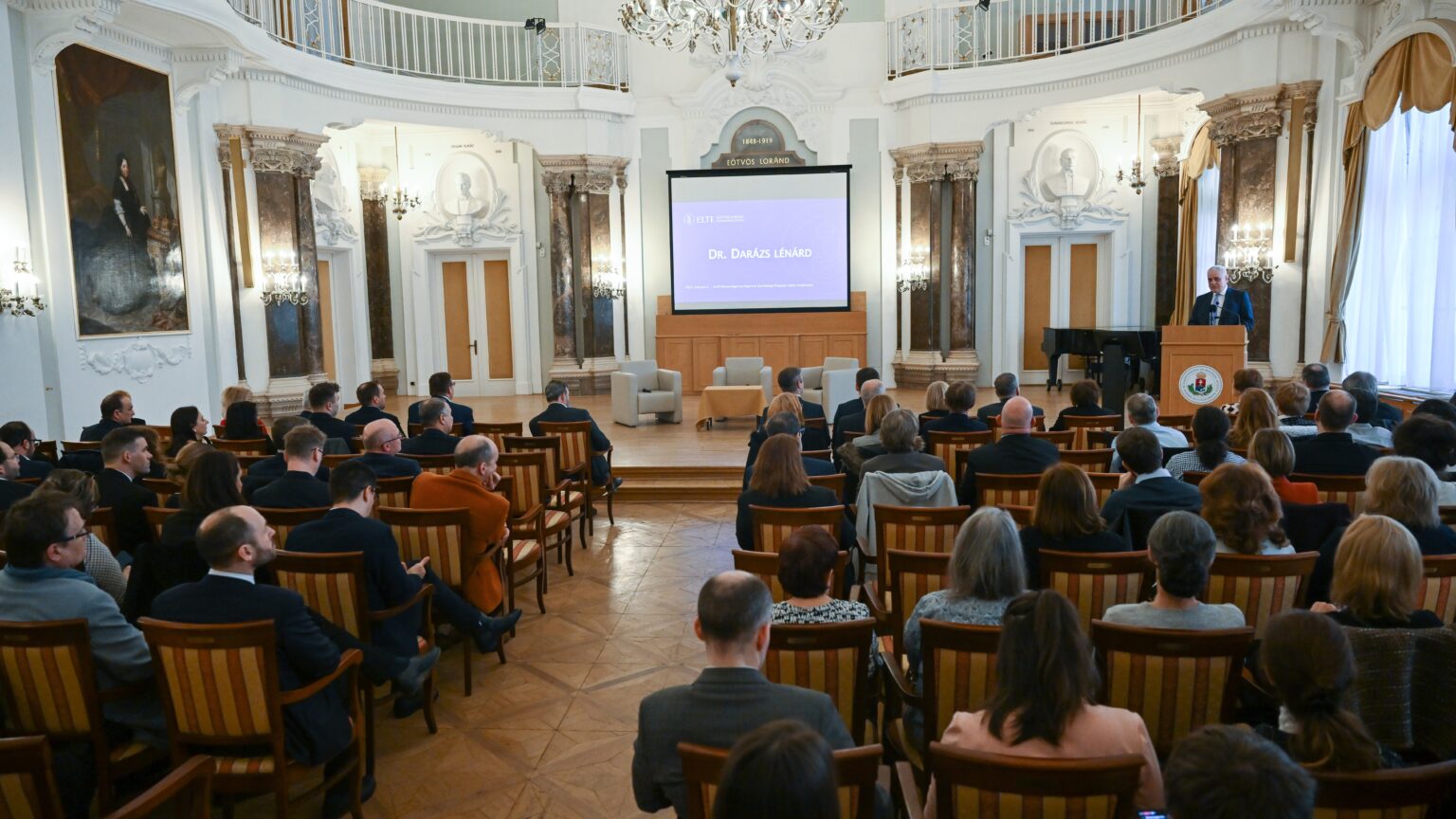
Eötvös Loránd University has launched a flagship artificial intelligence programme aimed at expanding research, education and innovation, as officials say Hungary already ranks among the world’s top users of AI technology.
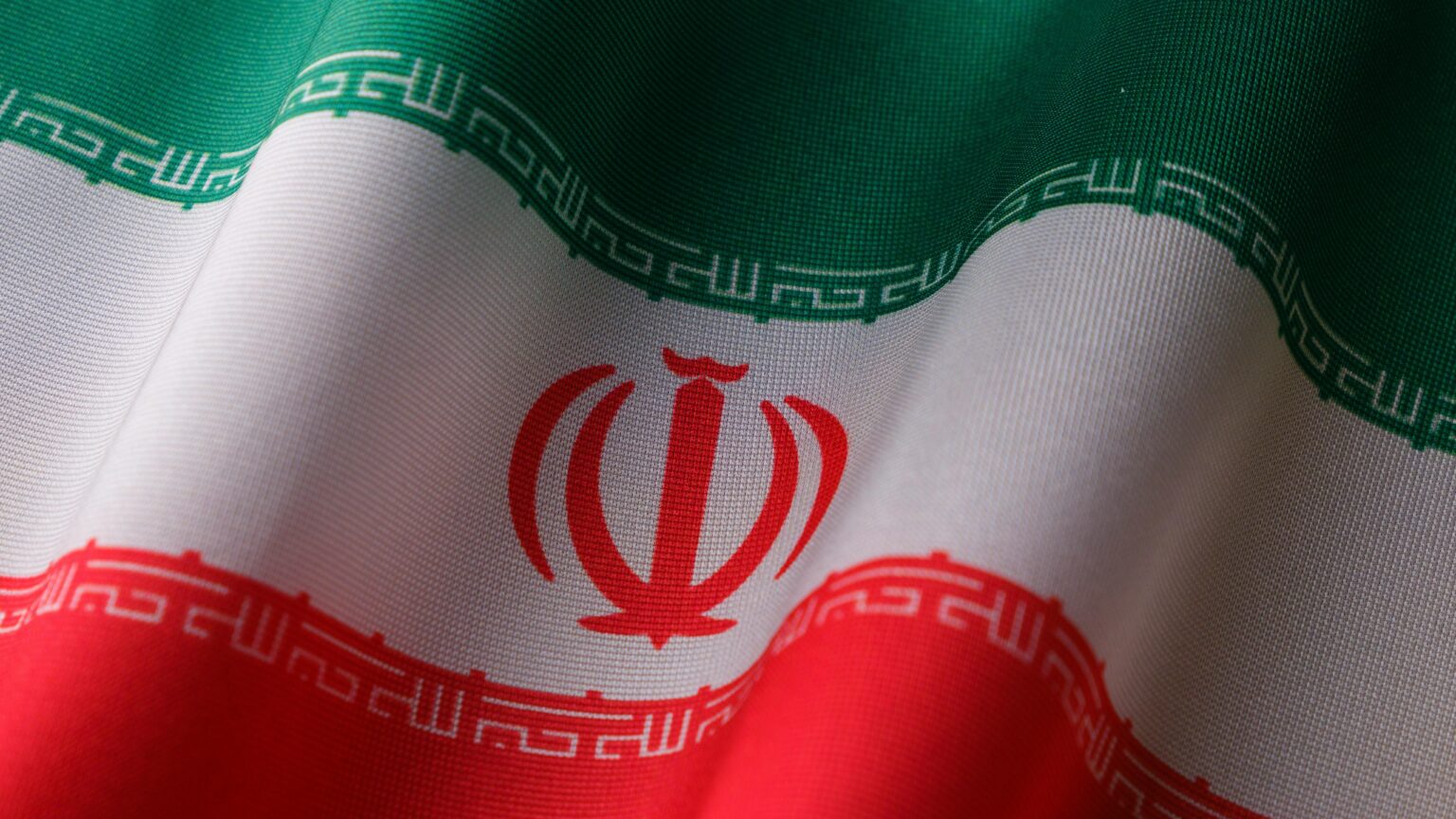
‘So long as Hungarian voters understand the magnitude of the problems facing their country, they will no doubt see the wisdom of entrusting leadership to experienced managers like Fidesz rather than amateur upstarts like Tisza, who have already shown themselves willing to allow the Druzhba pipeline to be weaponized simply to win an election.’

A Puskás Akadémia–Nyíregyháza Spartacus Hungarian league game was paused to let two fasting Muslim players break Ramadan at sunset—an unusual but respectful moment in Hungarian football. Unlike recent incidents in the Premier League, the crowd reacted with quiet acceptance.
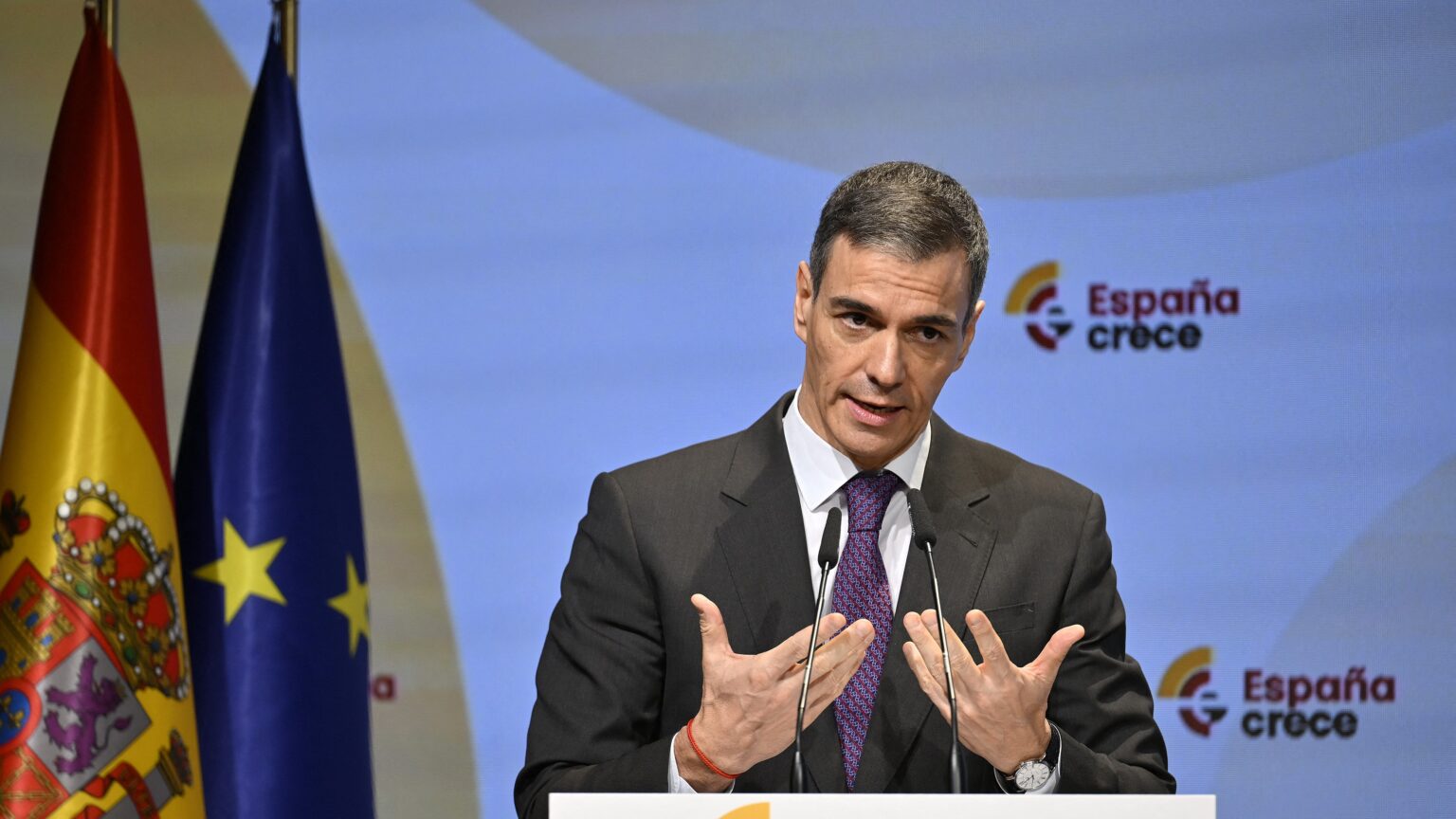
‘This could be fake news. The website InfoVaticana quotes anonymous sources who, they say, were also at the meeting, and who report that the Holy Father did not make “far-right ideology” a focus of the meeting. One hopes they are correct.’

As global energy markets spiral in the wake of the crisis in Iran, Hungary faces a compounded challenge just weeks before its parliamentary election, with Ukraine’s blockade of the Druzhba pipeline threatening supply stability. The timing is politically charged, placing energy security at the centre of the campaign.
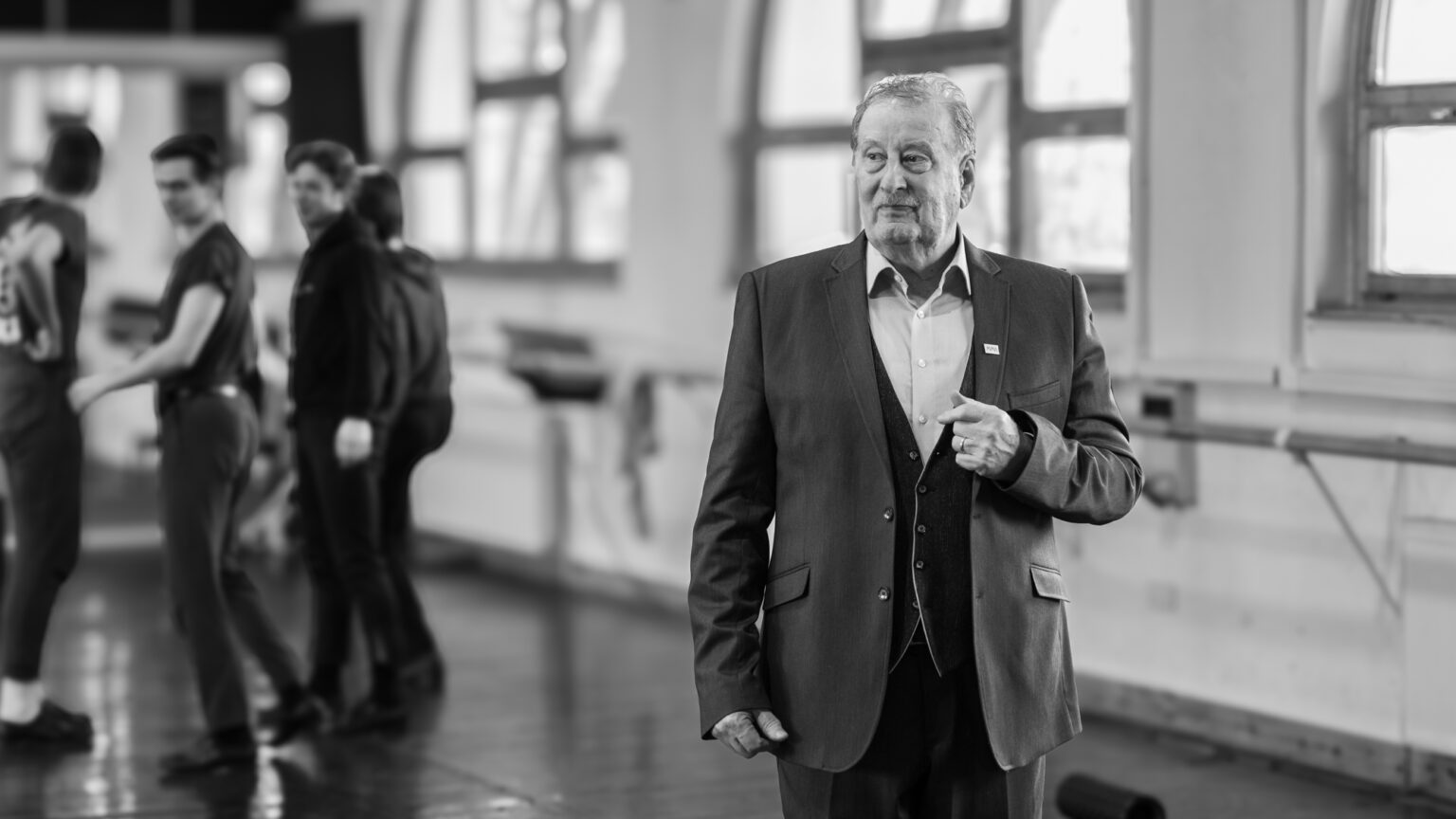
Artist of the Nation and Kossuth Prize–winning choreographer Zoltán Zsuráfszky reflects on a lifetime devoted to Hungarian folk dance. From his formative collecting trips across the Carpathian Basin in the 1970s to leading the Hungarian National Dance Ensemble today, he speaks about preserving authentic traditions, bringing them to the world stage, and the philosophy behind works such as Hungarian Wedding (Magyar Menyegző).
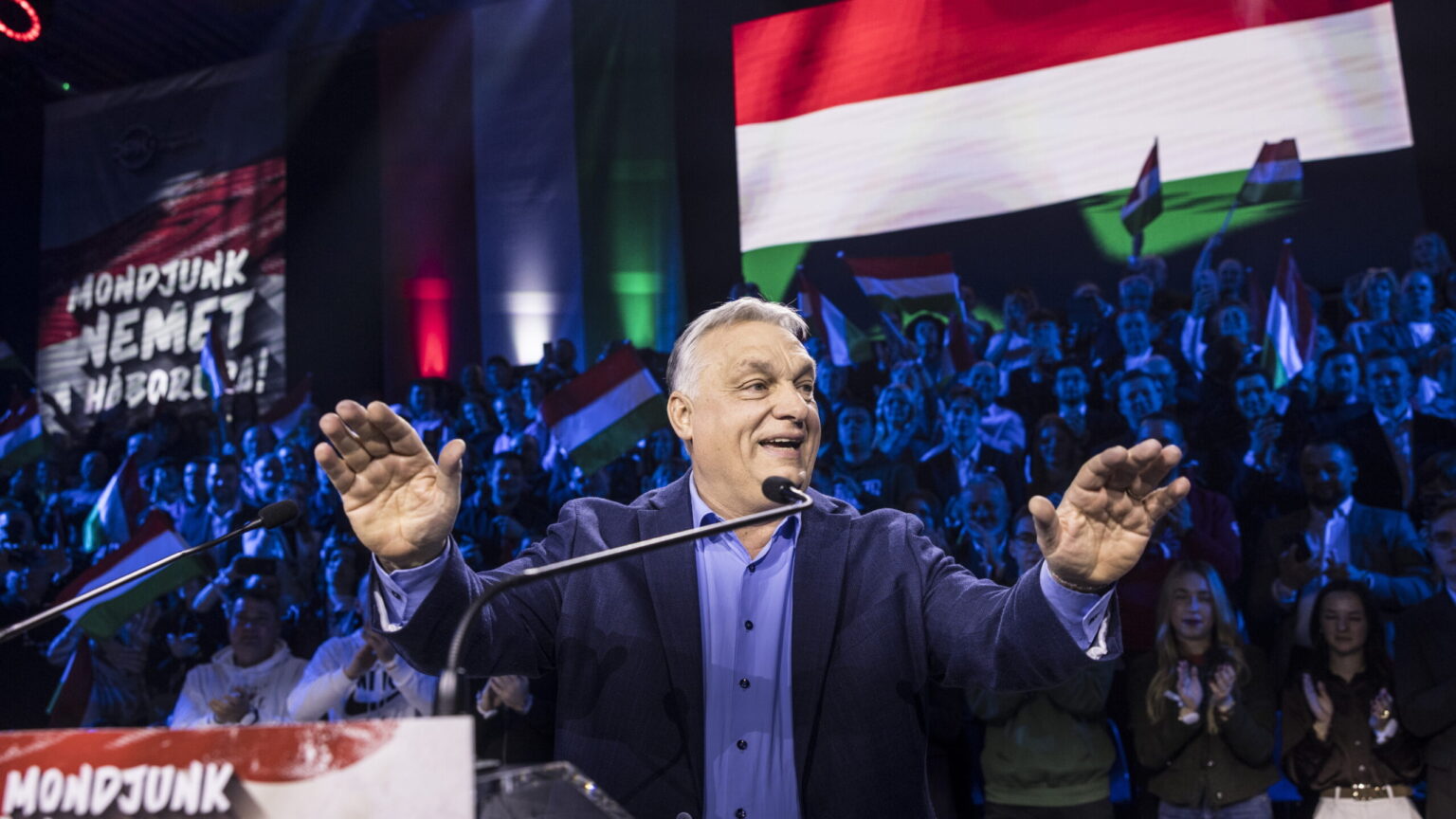
A bizarre opinion piece published by The Telegraph claims that Hungarian Prime Minister Viktor Orbán is preparing for a coup in the event of an electoral defeat, relying on speculative arguments and political assumptions rather than verifiable facts. The article, authored by former opposition MP Zoltán Kész, reflects a broader pattern of narratives seeking to delegitimize Hungary’s democratic process while simultaneously preparing the ground for a possible electoral defeat in April.
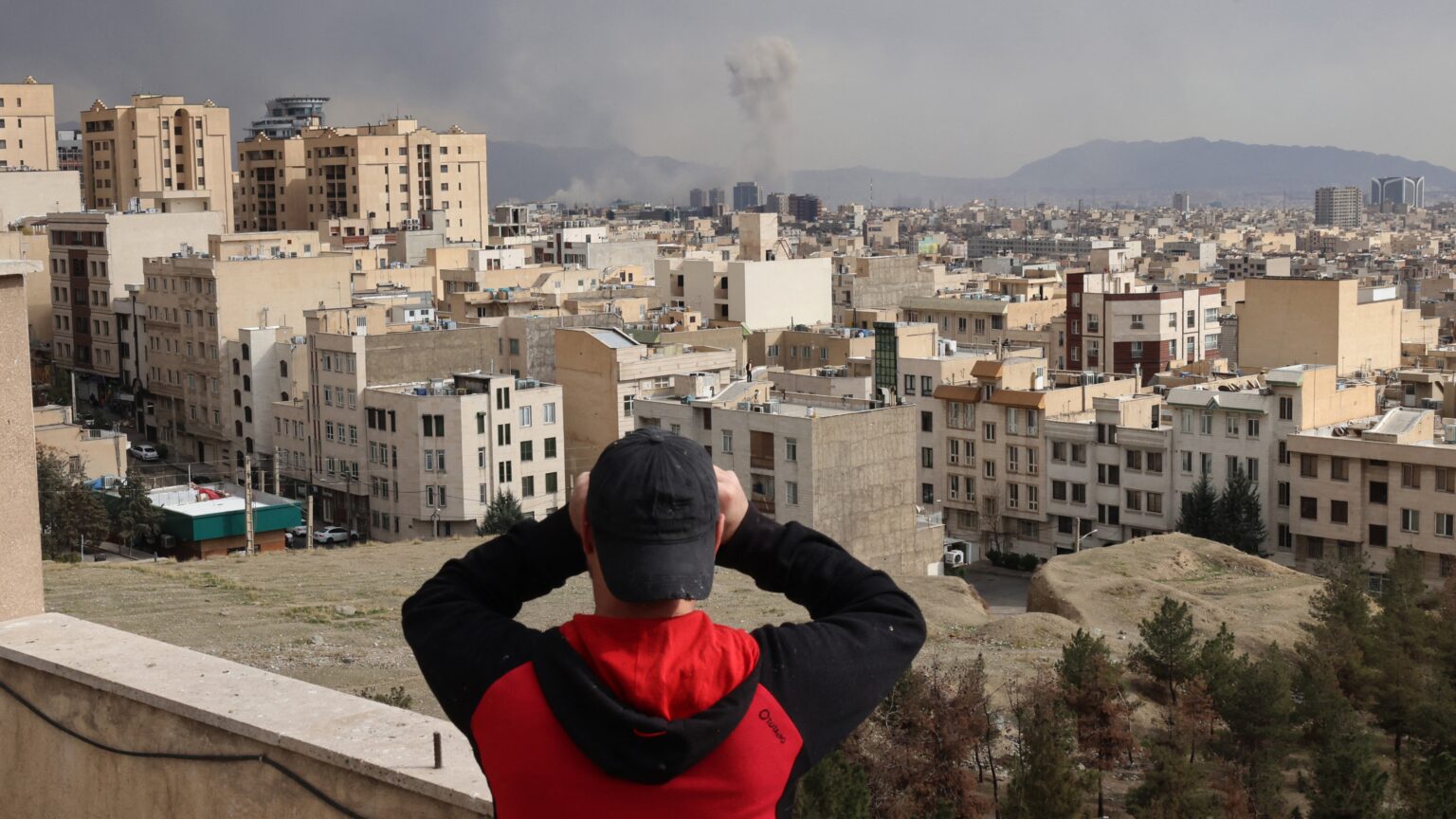
‘In the longer term, an Iran that is preoccupied with its own severe domestic problems—trying to avoid elite fragmentation and consolidate new leadership, or even move toward a more consultative system with less clerical influence and more power sharing—will lack the energy and resources to meddle in the region.’

Hungarian Prime Minister Viktor Orbán said satellite imagery shows the Druzhba oil pipeline is operational and urged Ukrainian President Volodymyr Zelenskyy to immediately restart oil shipments and allow international inspectors.
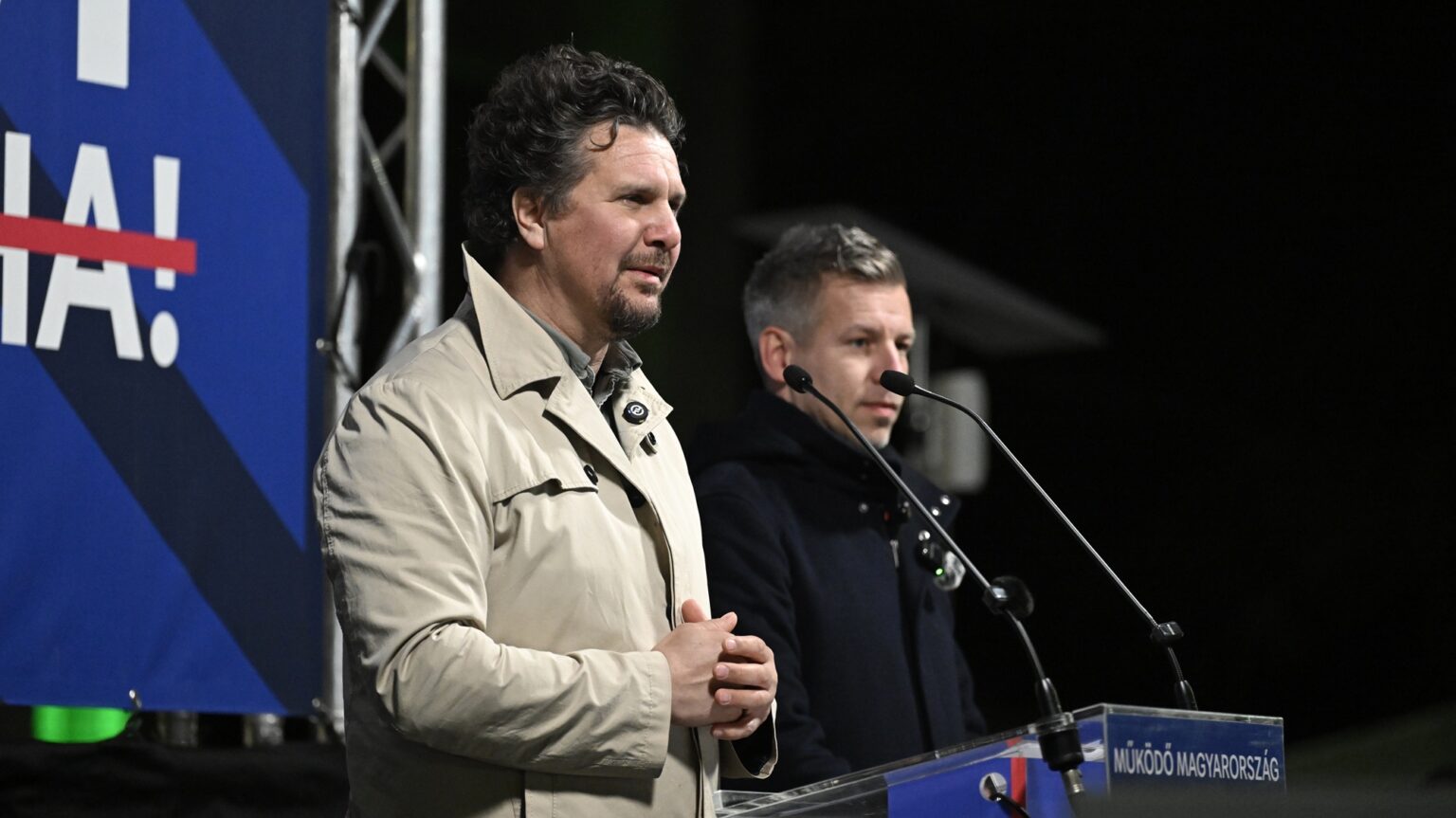
A recent Medián poll shows Tisza up 20 points over Fidesz, a 35.5-point shift from the 2024 EP election, more than double the largest EP-general election shift in Hungary (16 points) and nearly eight times the 2022–2024 shift (4.5 points). Will the progressive West use discrepancies between ‘independent pollsters’ and official results to delegitimize Hungary’s election if PM Orbán is reelected?

A new analysis warns that the war involving Iran could spark a prolonged migration crisis and increased security risks in Europe, as economic collapse and instability push millions of people to consider leaving the region.
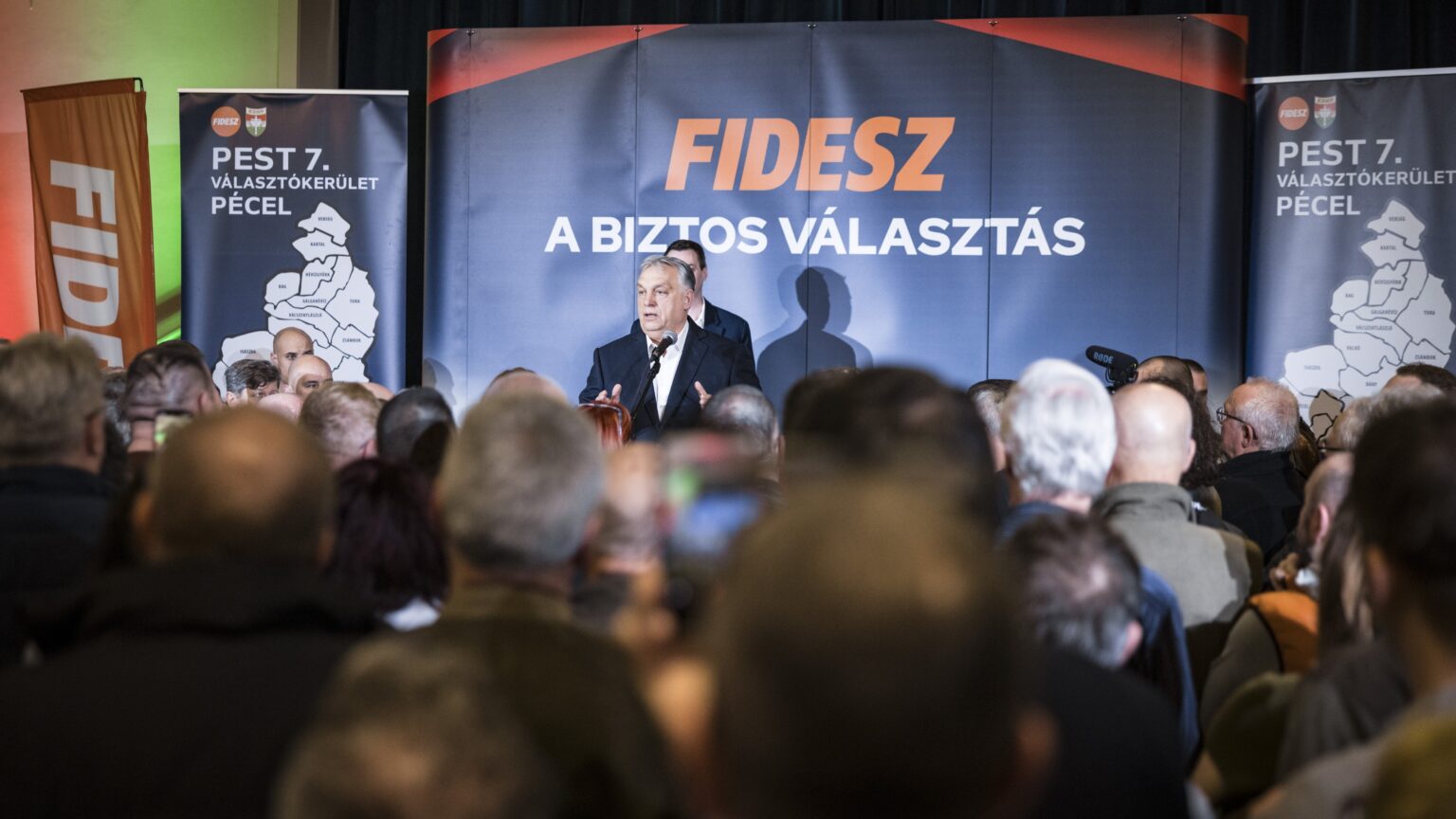
Balázs Orbán, political director to Prime Minister Viktor Orbán, said the first week of Hungary’s election campaign took place amid an alleged Ukrainian oil blockade and rising Middle East tensions, while claiming Fidesz had taken an early lead in signatures and polling.

Social media platform X recorded its highest-ever usage over the weekend following the US–Israeli strikes on Iran, Elon Musk announced. The surge was driven by a flood of real-time footage and analysis, as the platform once again became a central hub for tracking rapidly unfolding military developments.

‘All enemies of Europe are enemies of freedom. Standing up for the preservation of European freedom and defending it in solidarity against enemies from without and within is therefore probably the most important task of conservative politics in and for Europe at present.’

‘If current trends continue unchecked, Germany in 2030 will be a country…in which the range of acceptable opinion has narrowed dramatically. The constitutional vocabulary will still be used, but its content will have been hollowed out, rights will be conditional on democratic reliability, and whole social groups will live under a permanent cloud of suspicion.’

‘A little girl who learned to love nature and freedom from her parents cares little about those who think that a young doctor and mother of two children should stay at home and look up recipes for baby food instead of seeking challenges.’
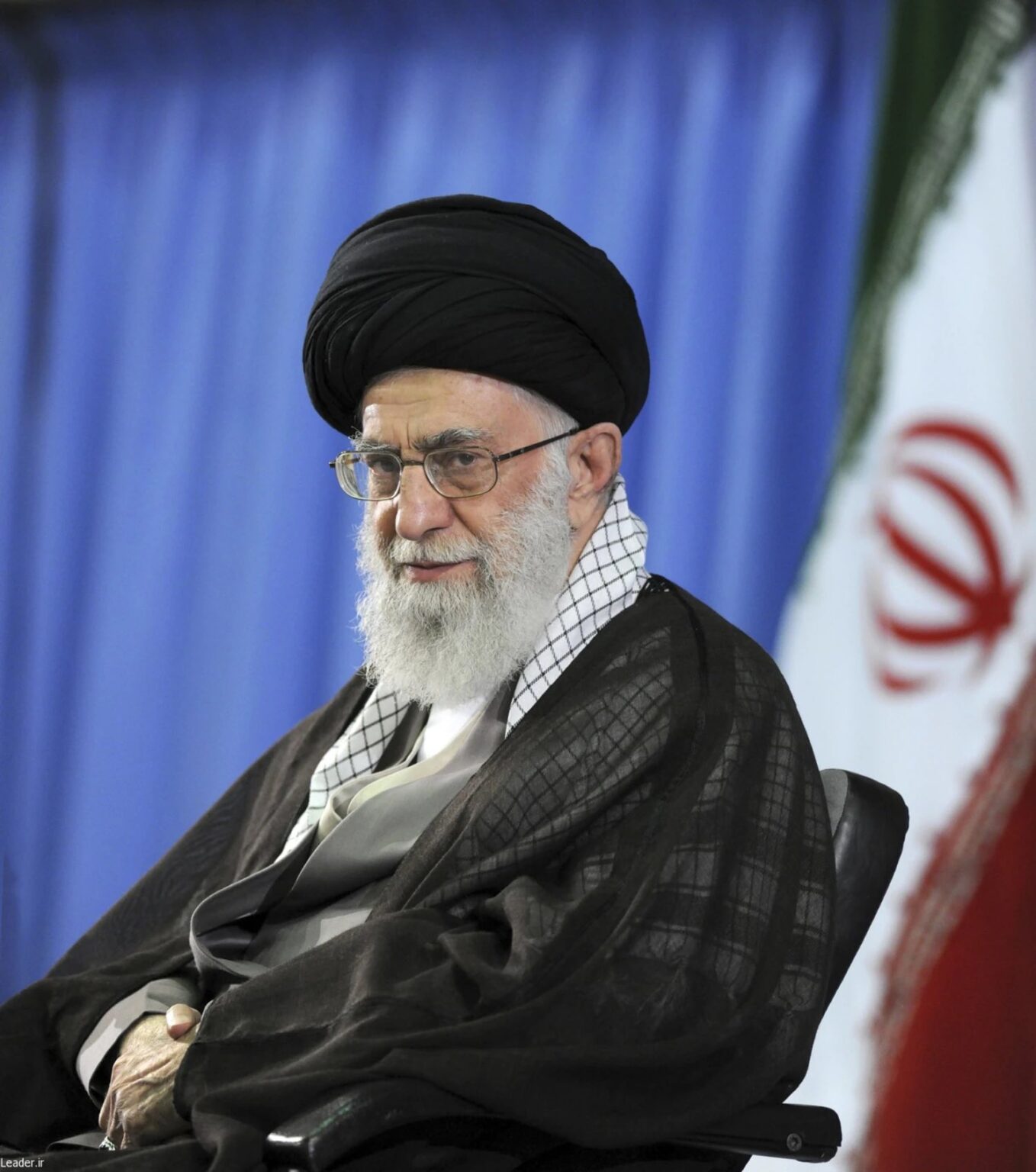
Israel has confirmed that Iran’s Supreme Leader Ali Khamenei was killed in the joint US–Israeli military strikes carried out on 28 February, according to senior officials cited by Reuters. Iran has yet to confirm or deny the claim.
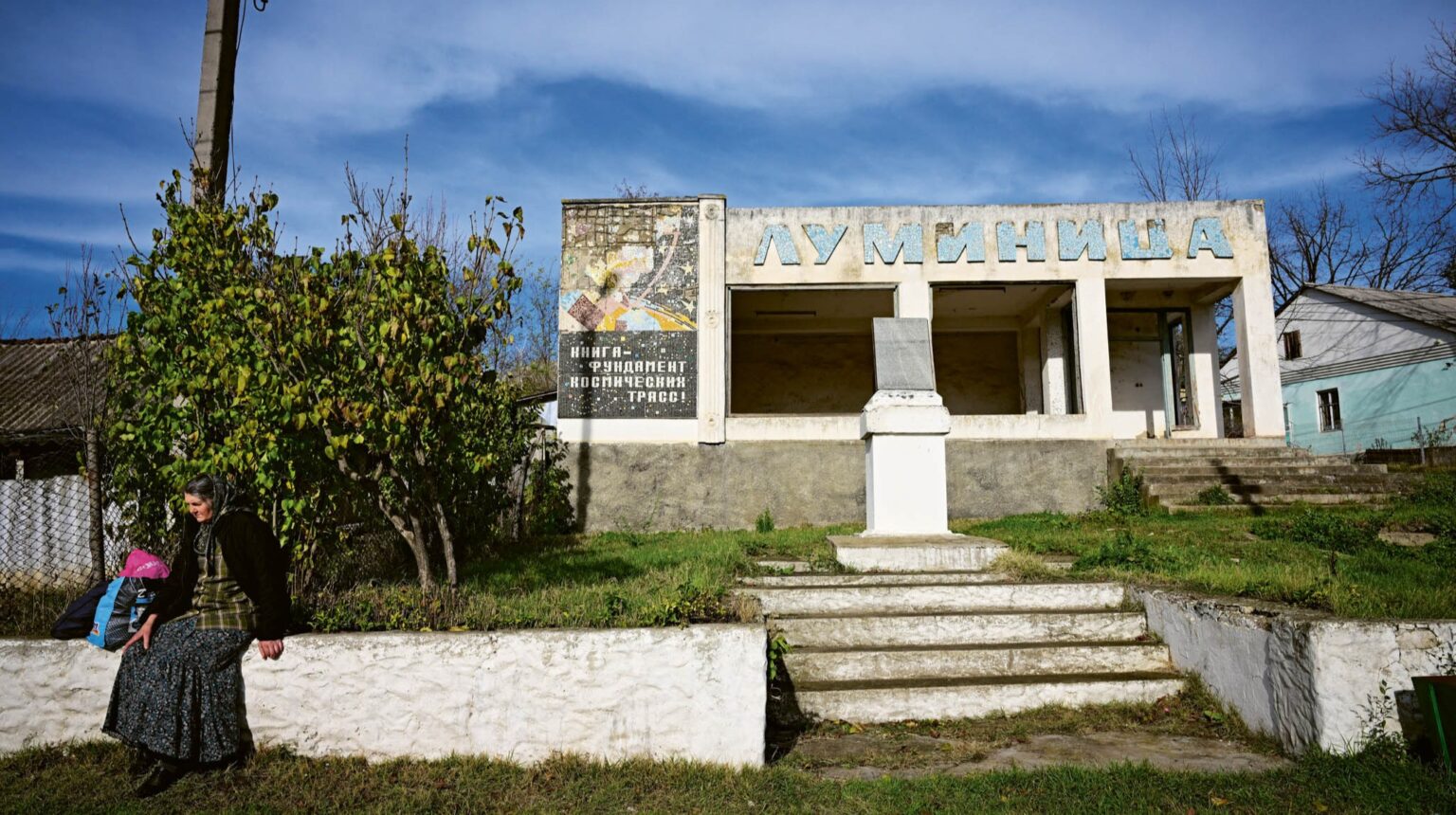
‘For the EU, Moldova has become a litmus test for whether enlargement can be redesigned for an era of permanent instability. Successful integration would anchor the eastern flank, signal that the EU can still shape its neighbourhood, and close off a key corridor for Russian influence. Failure would expand the grey zone of uncertainty on Europe’s borders…’
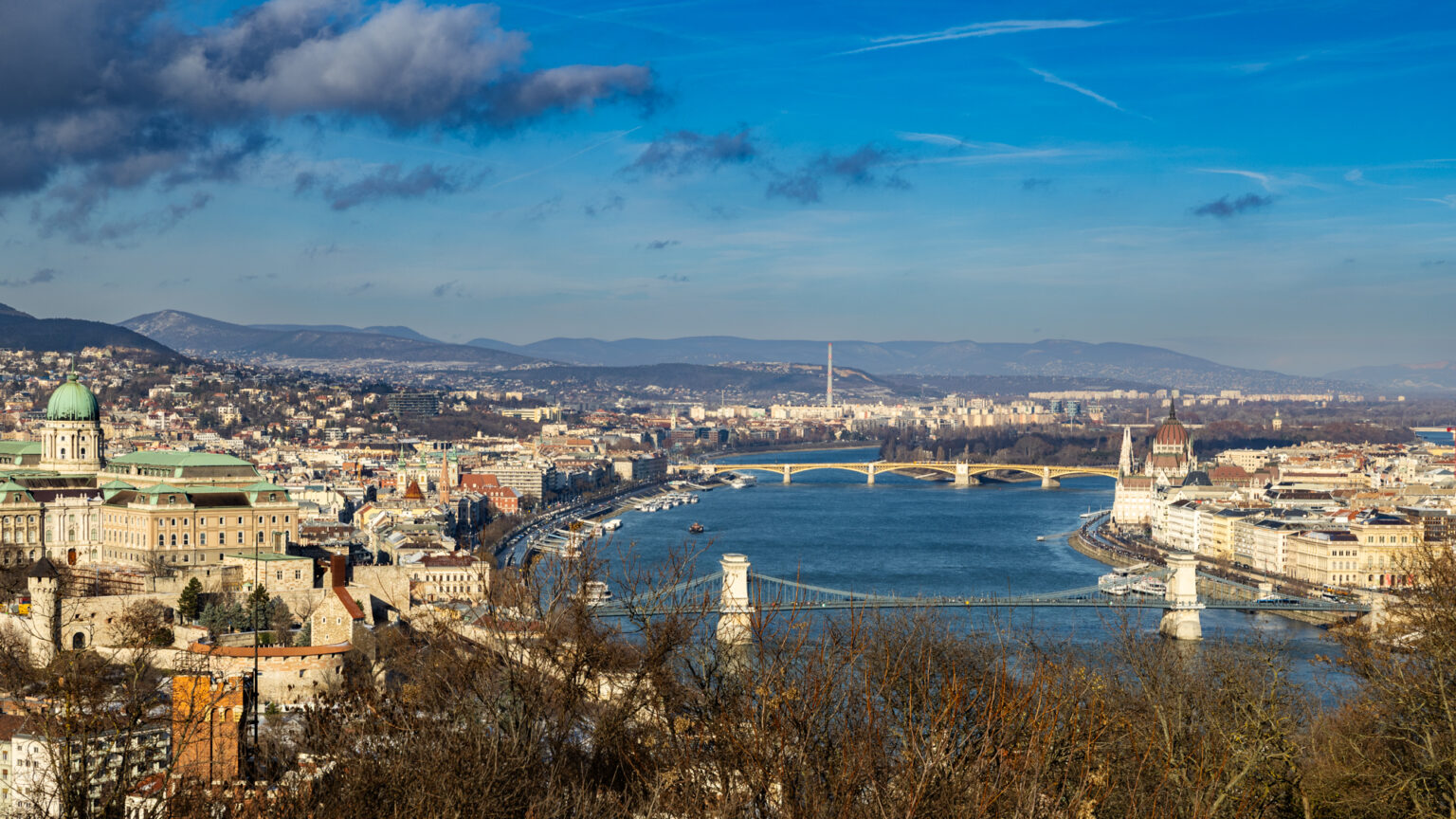
‘The convergence of record Israeli tourism and a comprehensive national strategy against antisemitism is no coincidence. It reflects a broader truth: in an era marked by fragmentation and ideological turbulence across parts of Europe, Hungary offers stability, clarity, and institutional responsibility.’

The United States and Israel launched joint strikes on Iran early Saturday following days of military buildup and escalating tensions, marking a major escalation in the Middle East. Explosions were reported across Tehran, as President Donald Trump confirmed the start of ‘major combat operations’ aimed at neutralizing ‘imminent threats’ to the American people.

‘Israel is often labelled an occupier with regard to Judea and Samaria (commonly referred to as the West Bank). This small territory has been controversial for decades. From the Israeli perspective, however, the land represents a far more complex issue—one that encompasses strategy, security, history, and national survival.’

After losing the first leg 2–1 in Bulgaria, Hungarian champions Ferencváros beat PFC Ludogorets Razgrad 2–0 at home in the play-off, and thus advanced to the Round of 16 in the UEFA Europa League. There, they will face the Portuguese side SC Braga.
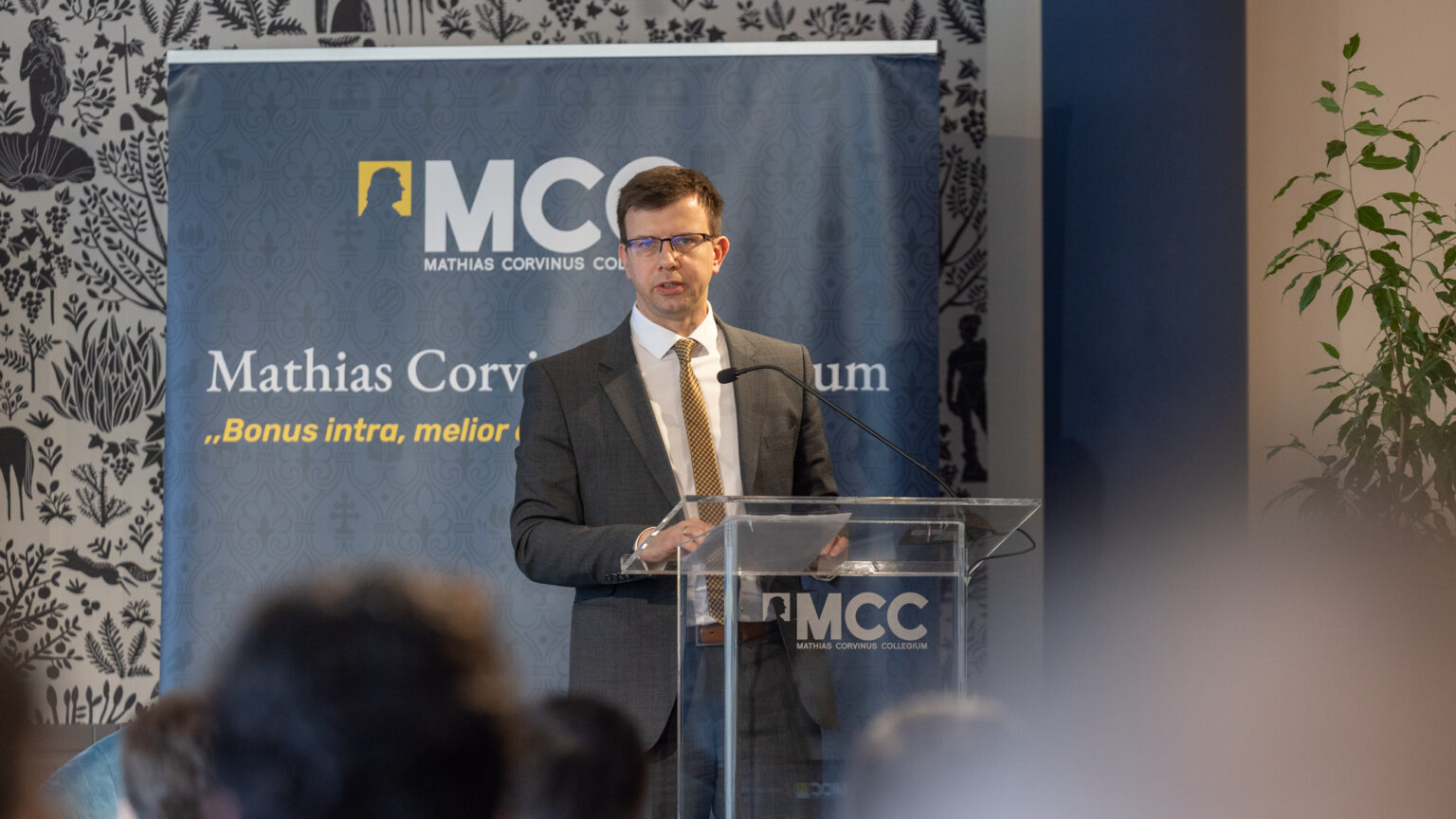
At an MCC event in Budapest, a lineup of distinguished speakers—featuring Minister for EU Affairs János Bóka of Hungary—criticized the Court of Justice of the European Union for overstepping its authority and advancing ideological agendas. Panellists and speakers warned that the Court’s expanding role risks undermining national sovereignty and reshaping Europe’s legal order.
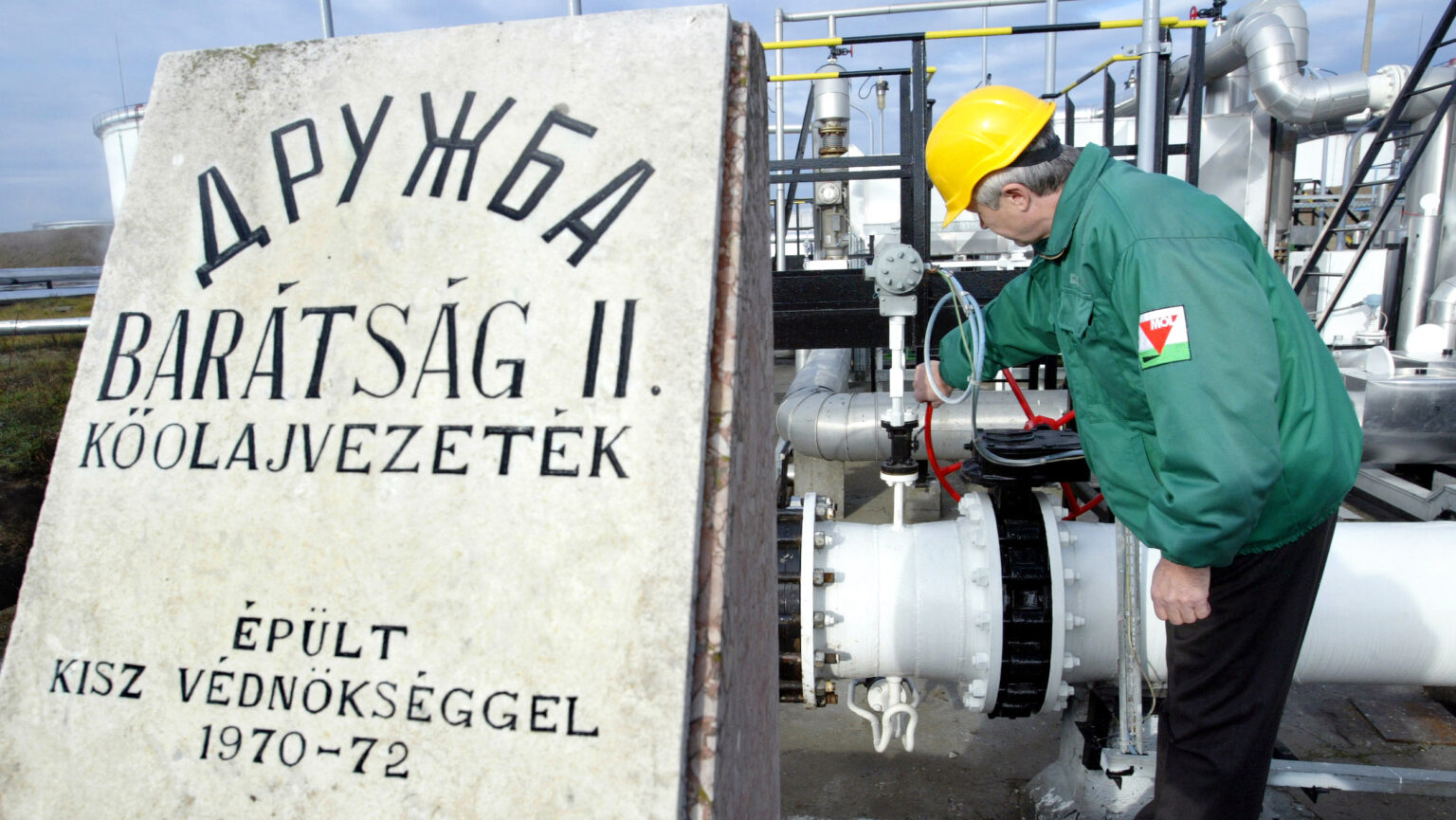
A new Századvég survey indicates that a clear majority of Hungarians oppose both Ukraine’s suspension of oil transit through the Druzhba pipeline and the European Union’s plans to phase out Russian energy. The findings underscore mounting public concern over energy security, rising prices, and foreign interference ahead of the April parliamentary elections.
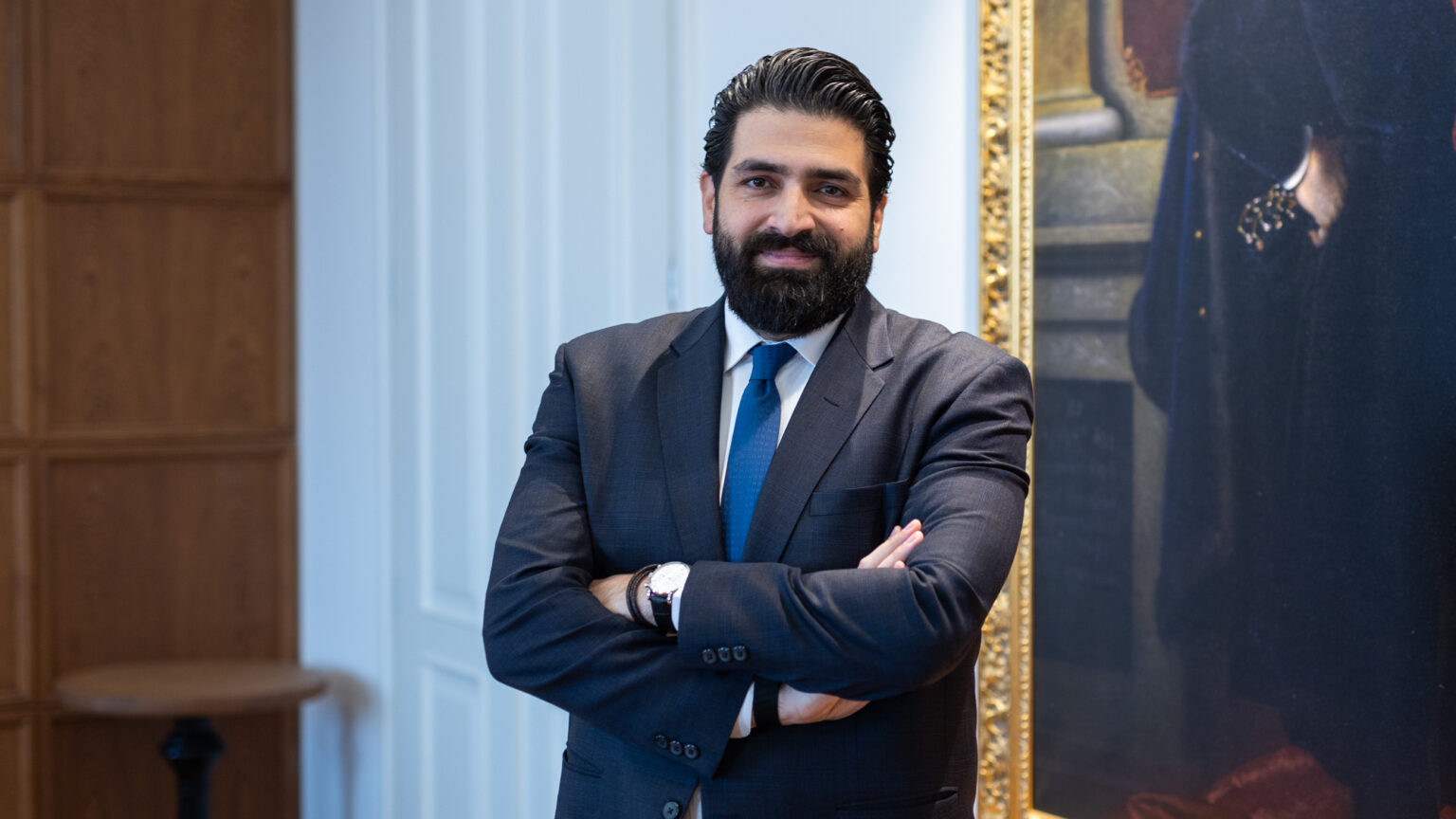
How strong is Iranian and Syrian political influence in Lebanon after Hezbollah was weakened? What is the status of Christian communities, and what room for manoeuvre does Maronite politics have? We asked Marwan Abdallah, Head of the Foreign Affairs Department at the Lebanese Kataeb Party, about the rise and fall of Hezbollah and the scope for Christian politics in Lebanon.
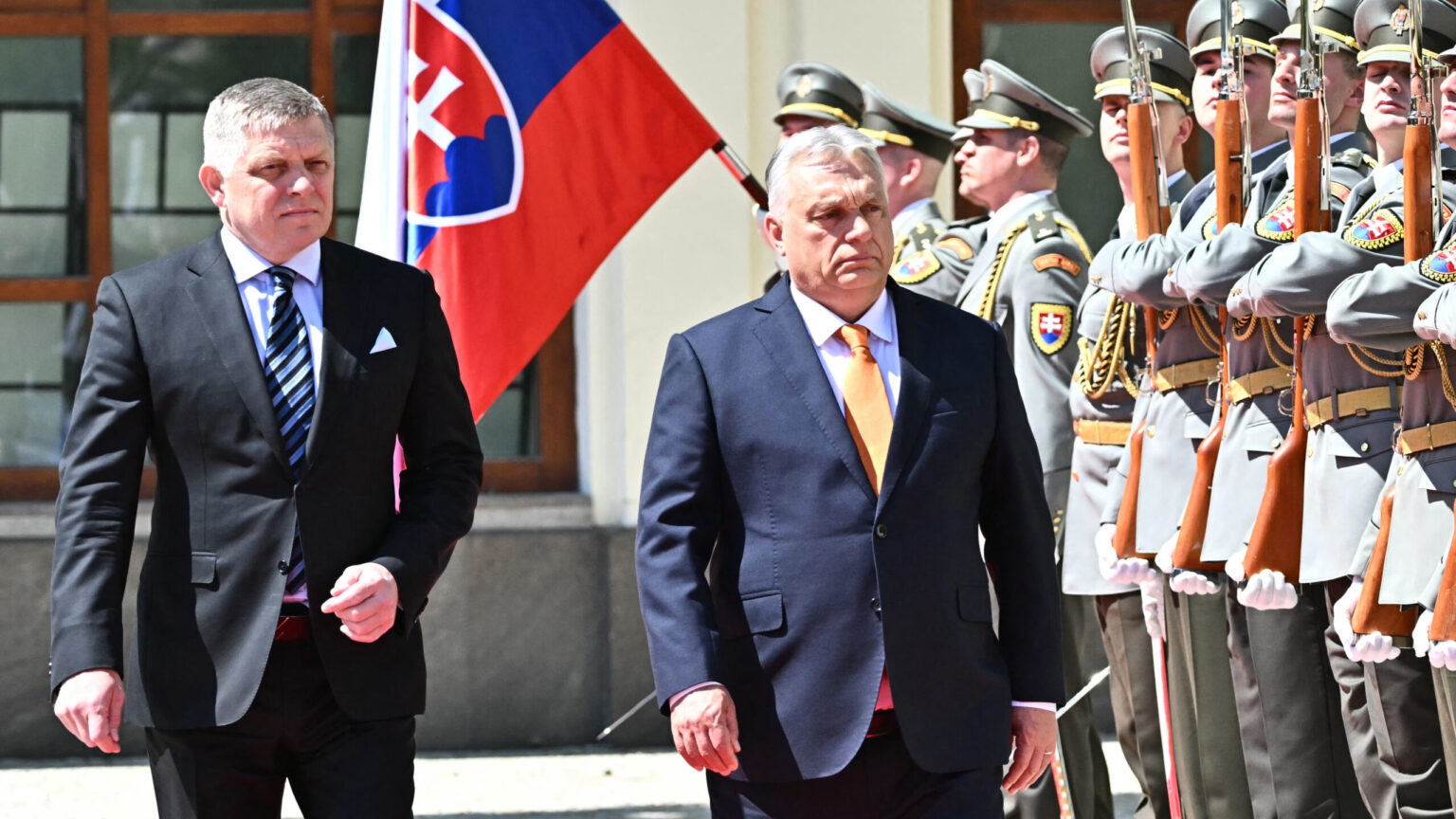
Hungarian Prime Minister Viktor Orbán announced that Hungary and Slovakia will establish a joint investigative committee to examine the halted Druzhba pipeline, urging Ukraine to grant access and restart oil transits immediately.
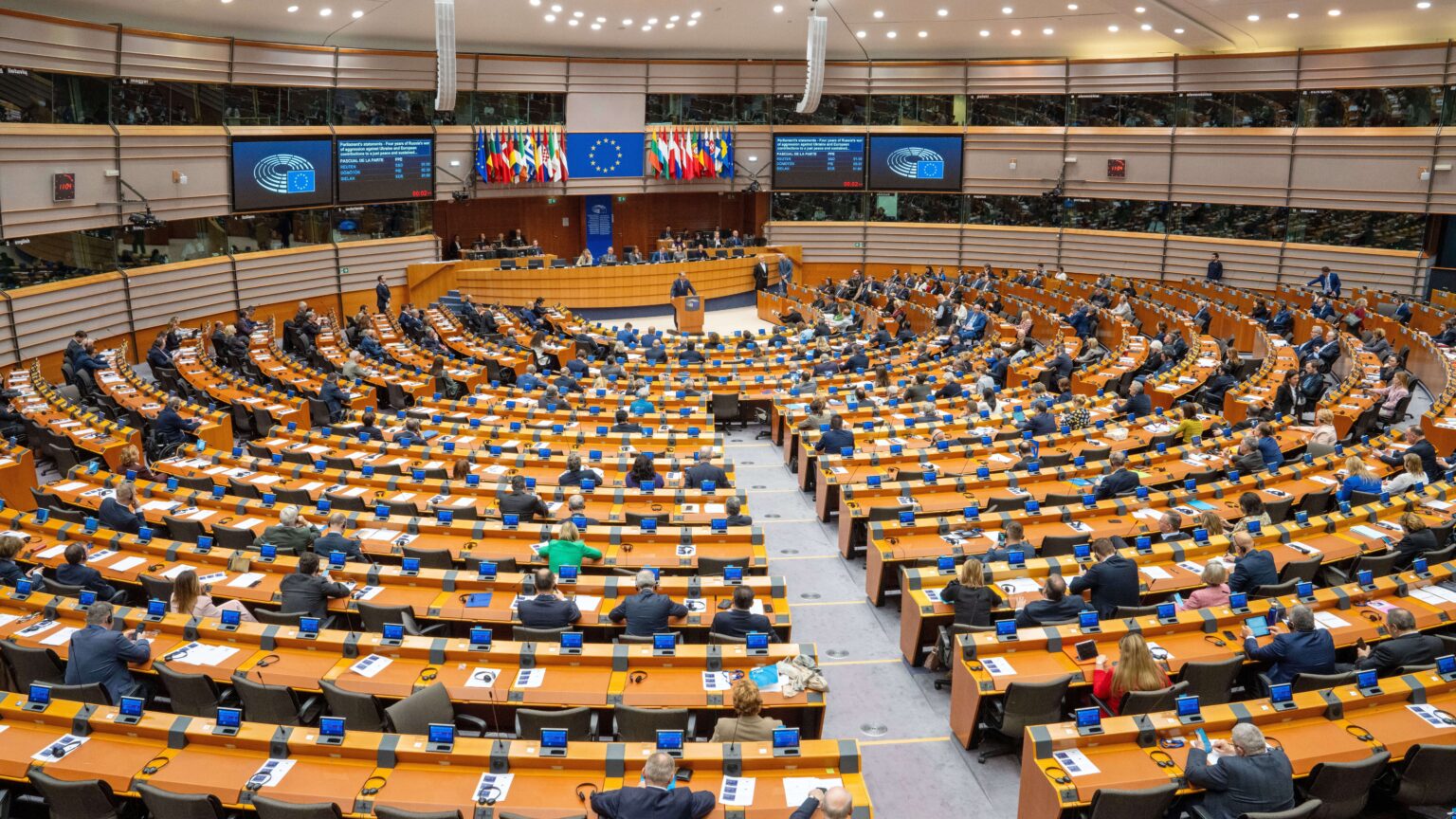
A Brussels meeting saw a heated debate over whether Hungary could link EU legislation for a 90 billion euro Ukraine loan package to the reopening of the Druzhba oil pipeline, highlighting tensions over energy security and EU policy.

The Stop Killing Games movement is launching official NGOs in the EU and the United States after gathering more than 1.3 million petition signatures, aiming to push for long-term changes in how video games are handled after shutdown.

Affordable energy will determine whether Europe’s automotive industry, including the Mercedes-Benz factory in Kecskemét, can remain competitive, Viktor Orbán said at the carmaker’s 140th anniversary event.

‘Climate change can be brought back to the centre of attention if abstract reporting is replaced by practical analyses connected to everyday life. Positive framing and showcasing examples that actually work can help transform uncertainty into a sense of agency—and passivity into participation.’